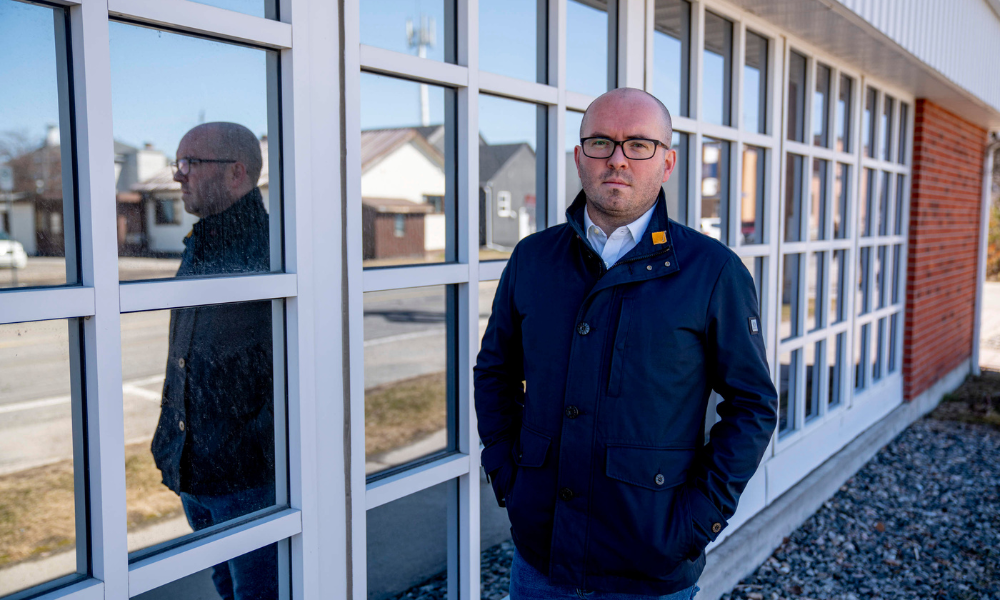
Resolution calls for changes to reflect diverse realities of civil litigation across province

A resolution unanimously passed by the Federation of Ontario Law Associations (FOLA) membership asks the provincial government to ensure broader representation and an evidentiary basis when working to reform the Rules of Civil Procedure, RRO 1990, Reg 194.
The resolution noted that the civil rules review working group, responsible for recommending amendments, disproportionately focuses on Toronto and commercial litigation and fails to cover Ontario’s rural and regional practices and wider legal community, according to a news release from the FOLA.
During the association’s spring plenary/annual general meeting on May 16, members of the FOLA said they were deeply concerned about the progress of the civil rules reform process, spearheaded by the provincial attorney general.
The membership’s concerns included the following:
Douglas Judson, president of the Rainy River District Law Association, moved for the FOLA to adopt the resolution.
“This is a pivotal moment for civil justice in Ontario,” Judson said in the news release. “We must ensure that reforms do not inadvertently create new barriers for the very people the justice system is meant to serve.”
According to the FOLA’s news release, the resolution urged the Ontario attorney general and the working group to:
Katie Black, the County of Carleton Law Association’s president, seconded the resolution.
The FOLA, a non-profit organization, represents the province’s 46 county and district law associations. Its membership primarily consists of Ontario’s sole practitioners and lawyers working at small law firms.